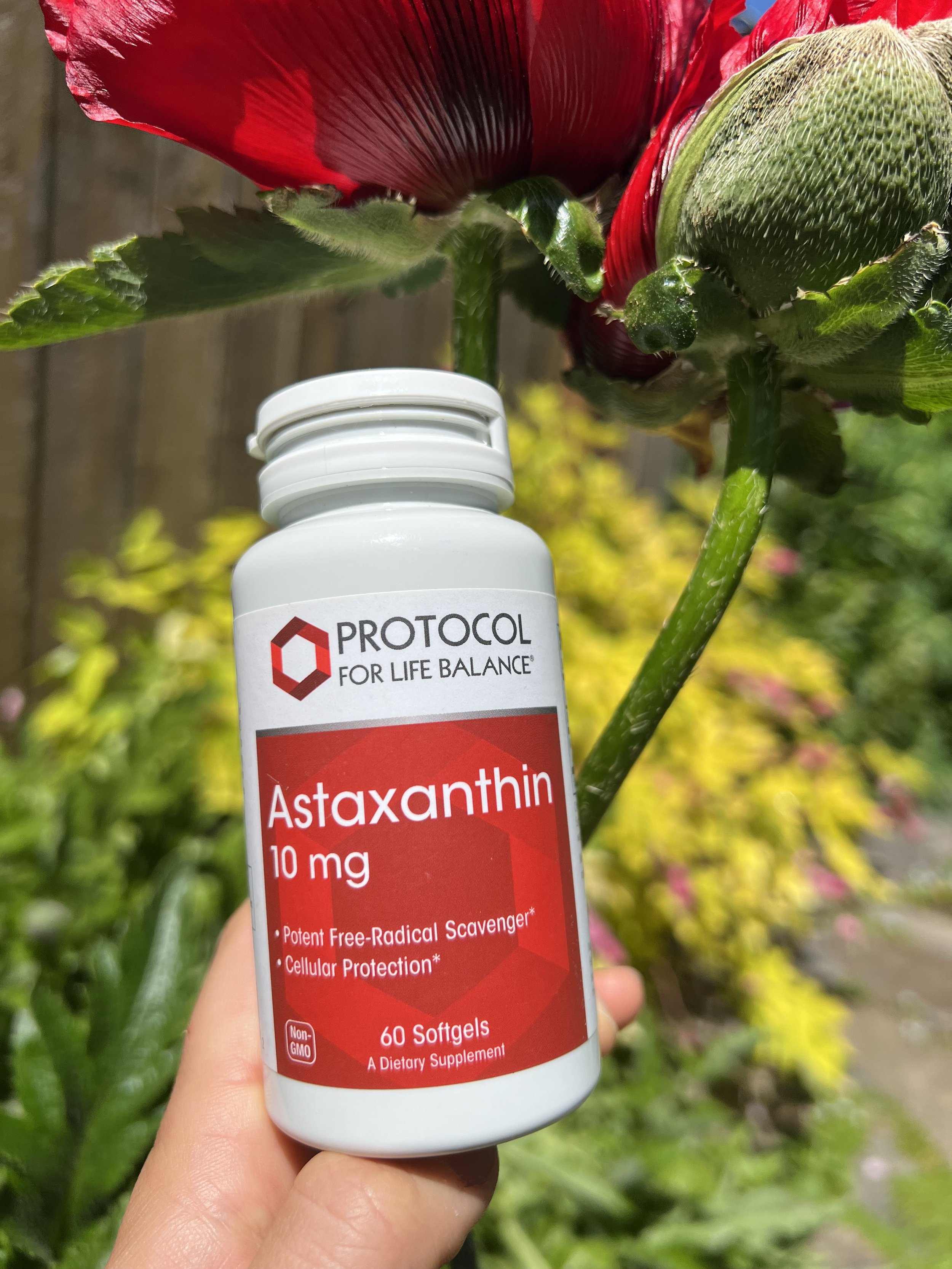sunscreen
The warm weather is finally here! We’ve been having lots of sunny days here in Portland. The sun’s rays are the strongest as we approach the summer solstice, and it’s important to use sun protection even on cloudy days.
Why mineral sunscreen?
Mineral sunscreen is a safer alternative to chemical sunscreens due to its gentle and natural composition. Mineral sunscreens work by forming a physical barrier on the skin, reflecting and scattering harmful UV rays away from the skin's surface. Typically containing ingredients like zinc oxide, these formulations are less likely to cause skin irritation or allergic reactions. Chemical sunscreens absorb into the skin and can disrupt hormone function (!) and cause skin irritation. Mineral sunscreens sit on the skin's surface, providing immediate protection upon application without the need for absorption. Additionally, mineral sunscreens are often considered reef-safe as they do not contain chemicals known to harm marine ecosystems, making them an environmentally conscious choice for sun protection. Better for your body, and better for the planet!
Ingredients to look for:
Zinc oxide!
Things you recognize and can pronounce
Chemical ingredients to avoid:
Oxybenzone
Octinoxate
Homosalate
Retinyl palmitate
Parabens
Fragrance
You can check the safety of your sunscreen with the EWG Sunscreen Guide.
My favorite sun support products:
Smells great, non-greasy, and just look at this ingredient list:
Active ingredient: Clear zinc oxide
Inactive ingredients:
Sunflower seed oil
Beeswax
Jojoba seed oil
Sunflower Vitamin E
Calendula flower extract
Roman chamomile flower oil
Seabuckthorn fruit extract
… That’s IT!
Astaxanthin is a powerful antioxidant found naturally in certain types of algae and seafood like salmon. It neutralizes free radicals and reduces oxidative stress within the body. This antioxidant not only shields skin cells from damage caused by sun exposure but also supports skin health by promoting elasticity and hydration. Essentially, astaxanthin acts as a protective shield from within, helping to mitigate the harmful effects of UV rays and potentially reducing the risk of sunburn and long-term skin damage.
Hard to pronounce, but easy to use!


